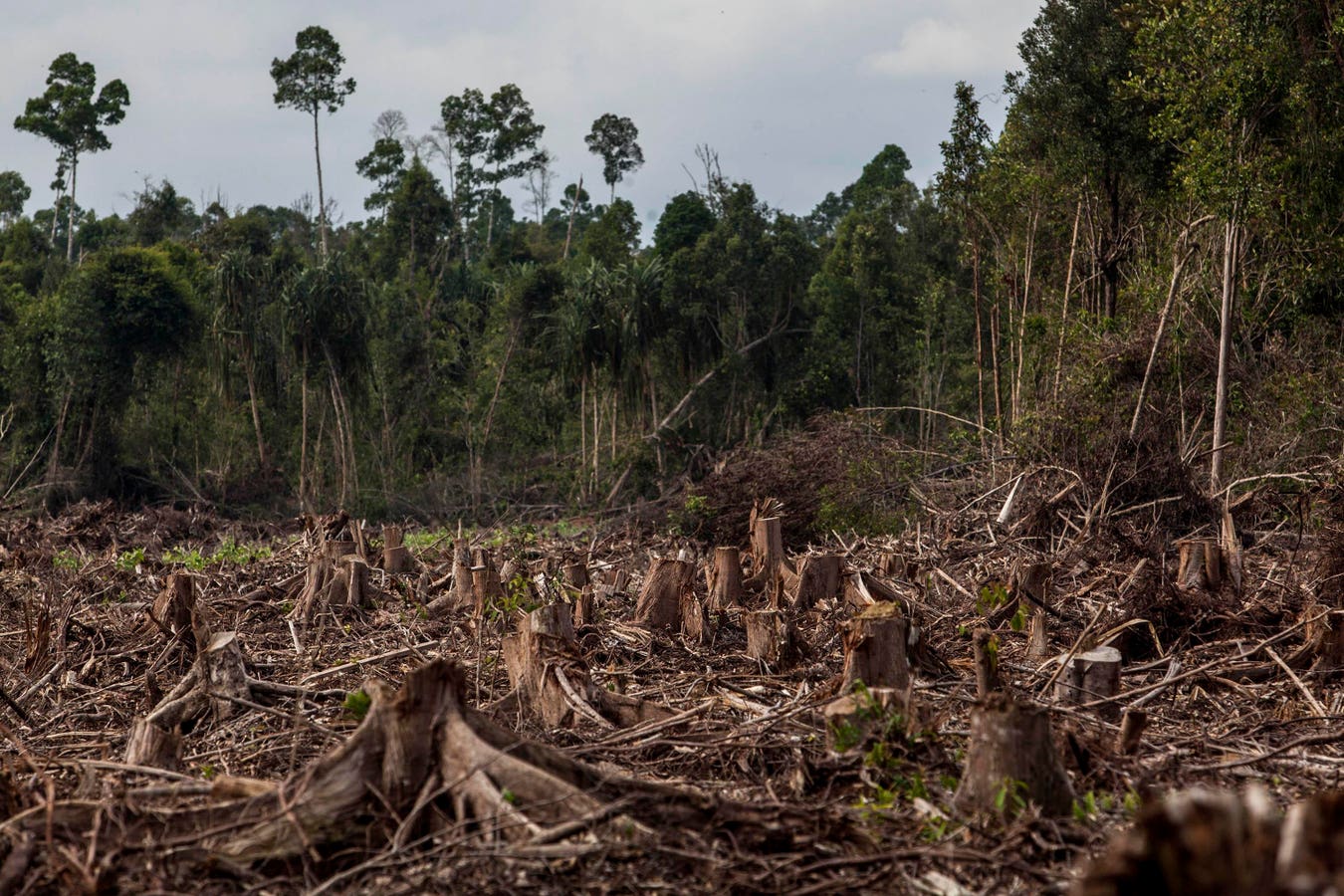It seems that the United States (U.S.), the European Union (EU) and several others may be setting the stage for a sustainability stand-off, and it will likely leave companies searching for answers.
At the center of this debate is the EU’s new deforestation law: the EU Deforestation Regulation (EUDR). The legislation – set to become effective on December 31 across all EU Member States – will require companies selling cattle, cocoa, coffee, palm oil, rubber, soya and wood and their derived products into the EU, to prove their supply chains do not contribute to the destruction of forests anywhere else in the world. Companies that cannot show that their related products adhere to this new regulation will have them banned from being sold in the Union’s 27 Member States.
It sounds like a slam dunk for sustainability advocates, but there has been some swift and strong pushback. Chief among the critics is a surprising source: the Biden-Harris administration has demanded that the EU delay its implementation, arguing that it could hurt American producers.
It’s an interesting political wrinkle, with a Democratic administration in the throes of a volatile campaign year, trying to pump the proverbial brakes on an environmental regulation. In response, EU leaders have been resistant to give into the administration’s demands.
“We are hearing feedback from some stakeholders that preparation for implementation may be challenging. However, we also see encouraging signs in many sectors and countries working to align with EUDR requirements,” said European Environment Commissioner Virginijus Sinkevicius in a letter dated July 2 to members of the Confederation of European Paper Industries, one of the trade groups that has expressed concern about the EUDR, as reported by Reuters.
Accountability and Compliance Data
While the U.S. was among the first critics of the EUDR, the protests are certainly not limited to the U.S. In fact, some EU Member States are themselves pushing back, along with Australia, Brazil, Indonesia, Malaysia and others.
Meanwhile, a group of African countries, led by major cocoa producers in Ghana and the Cote d’Ivoire say they will be ready by the implementation date and expressed their “deep concern” that the regulation would be delayed. In addition, more than 170 NGOs have called on the EU to uphold the EUDR.
With the EU not only at odds with itself but with the U.S. and several other countries and stakeholders, a huge area of ambiguity is emerging for multinational corporations wondering if they should prepare for a significant policy change. One important aspect of the current conflict hinges on the definitions and base data that will be used to enforce the regulation.
Australia and Brazil, for example, are alleging that Brussels is using incorrect data to enforce this new edict. This is a critical detail because a big part of the regulation relates to a precise geolocation requirement. Specifically, companies subject to the regulation will need to collect geographic coordinates of the plots of land where the commodities they sell were produced and must provide those geolocations in their due diligence statements.
However, according to the Financial Times, not everyone can agree on the exact geographic coordinates being used to enforce the law. In fact, Australia and Brazil have argued that there are important differences between Australia’s own 2023 Forests of Australia map and a 2020 map from the EU Observatory on deforestation and forest degradation, which was used in the EUDR. The maps have different definitions of forested areas, with the EU map classifying many areas that are included in various companies’ supply chains as forested areas, effectively banning – unjustifiably so, in Australia and Brazil’s contention – goods from being sold in the EU.
If Australia and Brazil’s allegations hold up, it will seriously call into question a basic premise of the EUDR. In fact, diplomats from at least three other countries had complained about the accuracy of these forestation maps, and Australia, Brazil, and Colombia have joined the U.S. in calling for the EU to delay this new legislation, putting the EU back on its heels.
Who Should Worry?
Amid all this international importing and exporting turmoil, many potentially impacted businesses are left to wonder: Does this law even apply to me? The answer: A resounding yes! For several reasons.
Most of the pushback has been focused on delaying, not repealing the law, and even the harshest critics, at this stage, are primarily looking for more detailed clarity related to the benchmarking system for classification of country risk levels.
Another devil in the detail pertains to the specific definition of what “derived products” apply to the deforestation law, and where – exactly, down to the specific geolocation – those goods are produced. Soya, beef, coffee, and palm oil may be some of the most obvious areas, but products could range from furniture to textiles and plenty in between. In short, if your company manufactures a “derived product,” it is likely that the deforestation law probably applies. That’s why companies will need to have a firm grasp on how each link of their supply chain ties together and the ability to track and source each and every piece of material.
This may seem like an onerous task, but companies that are aiming to be compliant with laws like the Corporate Sustainability Reporting Directive (CSRD) and the Corporate Sustainability Due Diligence Directive (CSDDD) are going to have to do the heavy lifting related to these standards anyway. So, while the deforestation regulation poses its own unique set of challenges, compliance – whether there is a delay or not – is in the best interest of all parties.
The Big Picture
With just over five months to go before the EUDR is set to take effect, there are plenty of questions that still need answering. For the EU’s part in this, it is important to note that the EUDR was introduced as a “regulation,” as opposed to a “directive,” like so many other sustainability-oriented pieces of legislation, such as the CSRD and the CSDDD. While directives set out goals that EU Member States must achieve by devising their own laws on how to reach these goals, regulations are binding and must be applied in their entirety across the EU. Therefore, the EUDR is not subject to any local, jurisdictional interpretation – it is fixed, and that says a lot about how seriously the EU is taking the issue of deforestation.
However, because of the global nature of the EUDR, EU lawmakers need to be able to get world leaders to buy-in, and they won’t be able to do that without making sure all the data they’re using to classify the benchmarks for these forested zones is unimpeachable. That is far from a sure thing, and the best thing corporations can do to protect themselves in the meantime is to make sure that they are fully in command of every link of their supply chain to ensure the accountability and transparency of their due diligence statement.
Like so many other times when companies have been tempted to bury their heads in the sand and hope that political squabbling will lead to delays in, or suspension of, regulation, vigilance is far better than willful ignorance. The cost of non-compliance will far outweigh any legwork that companies need to do in these next five months to assess and supplement their supply chains. Which is why, no matter where the EUDR goes from here, companies need to have a handle on the nitty gritty details of their global supply chains – even down to the detailed map coordinates of where their raw materials are produced.
Read the full article here





